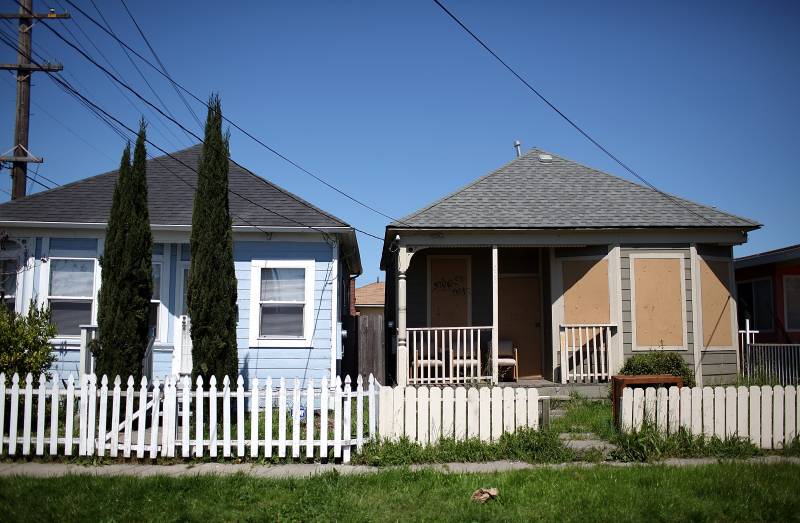California judicial leaders on Monday adopted a statewide emergency order suspending evictions to help deal with the COVID-19 crisis that has crippled the court system.
It was one of eleven temporary rules adopted by the state’s Judicial Council during a second emergency meeting since the coronavirus pandemic started.
The order delays all eviction cases from moving forward, not just those related to people not being able to pay rent due to the virus. It follows an executive order last month by Gov. Gavin Newsom banning the enforcement of eviction orders that advocates said didn’t go far enough.

